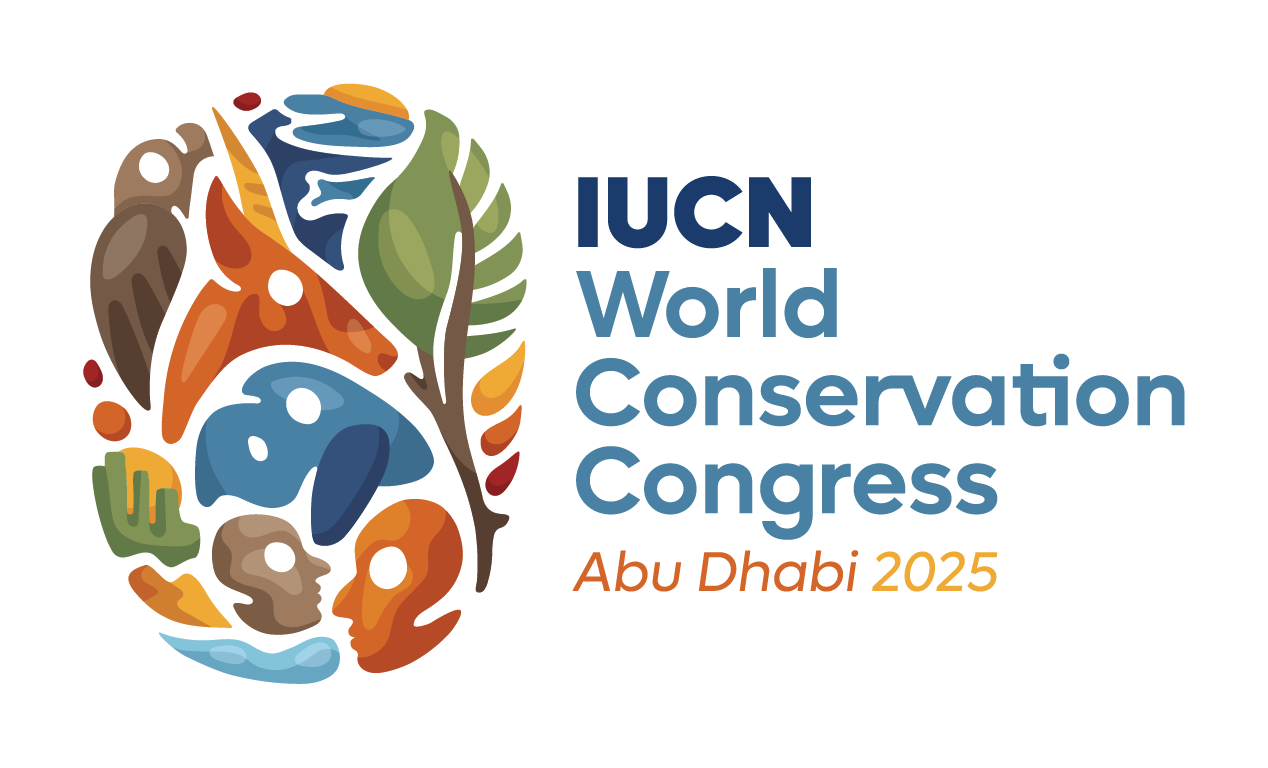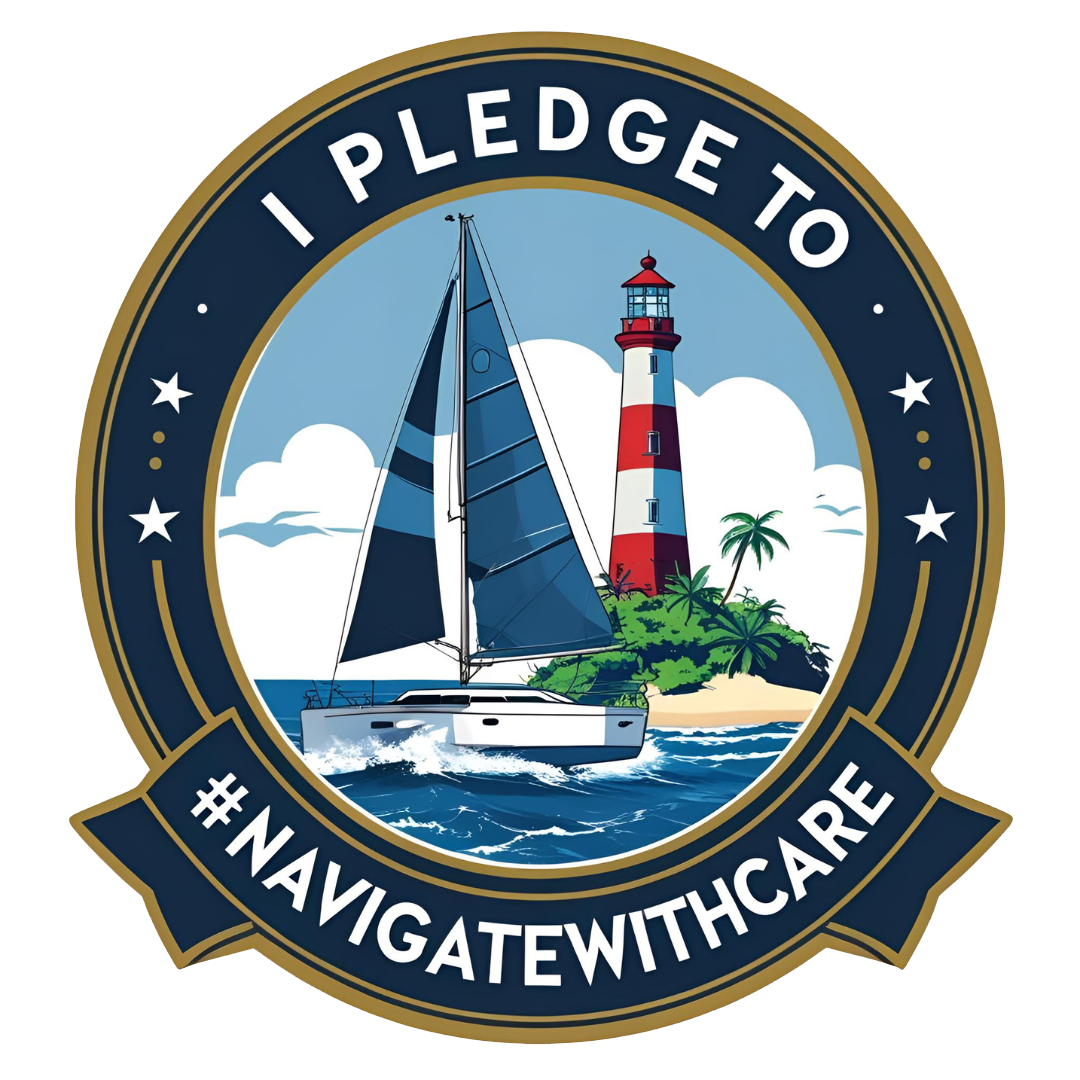The French Polynesian scientists participating on the Society Islands mission took the opportunity to quantify the abundance of a number of French Polynesia invertebrates… species that have, or may have, a commercial and food subsistence role in the near future. In particular, they investigated the abundance of a number of sea cucumbers species, giant clams (only Tridacna maxima is found everywhere in French Polynesia) and also the imported green snails, Turbo marmoratus and Trochus niloticus. Trochus snails were brought to Tahiti from Vanuatu nearly 50 years ago, and then transplanted to selected islands throughout French Polynesia.
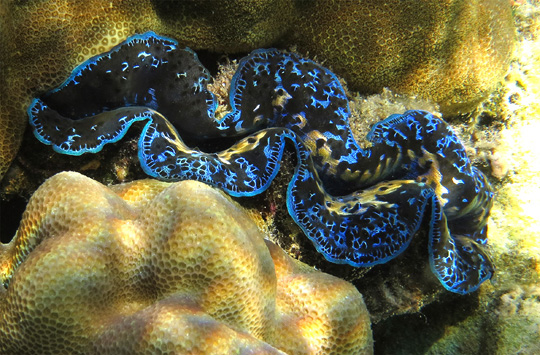
Local Populations of French Polynesia Invertebrates
Because populations of these two alien snail species have declined, fishing them has been banned. An updated population assessment is necessary to decide if selected fishing grounds should be reopened. Conversely, the local giant clams are considered a delicacy for Polynesians, raw or cooked. It is consumed locally in every inhabited island, and therefore the fishing pressure can be high on these colorful bivalves. Finally, sea cucumbers are not locally consumed, but their high value on Asian markets has recently promoted their exploitation in the Society Islands, and in the Tuamotu Archipelago. The level of declared exports of dry and frozen sea cucumbers increased from 3 tons to 125 tons between 2008 and 2011. There are currently no regulations to control the level of catches, but the concerns over these French Polynesia invertebrates are growing in several islands.
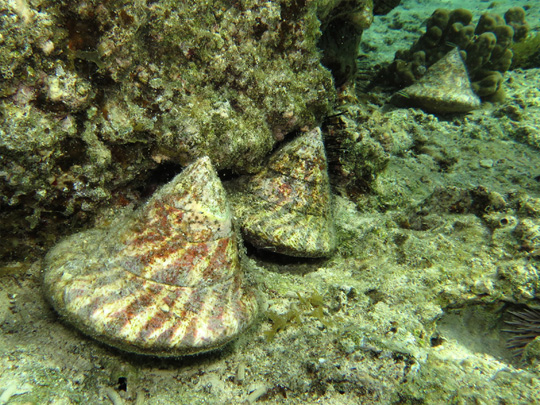
A variety of habitats and reef zones were sampled for French Polynesia invertebrates during the expedition: deep oceanic sand plain, forereef slopes, spur and grooves, crests, passes, lagoon floors and slopes, patch reefs, sheltered and exposed fringing reefs. The preliminary results show that the imported, protected species, are thriving in a number of habitats of the high islands where they have successfully become established. Giant clams juveniles are also abundant, but the lack of large individuals in many places show that they are harvested as soon as they reach the legal size for catch (currently 12 cm in French Polynesia). The status of the sea cucumber population is the most worrisome. While few deep (>25 m) places showed a level of density typical of unfished areas, most sites were depleted. Sea cucumbers are important components of the ecosystem. They recycle the organic matter in the sediments, graze the substrates, and contribute to the health and functioning of the coral ecosystem. Furthermore, considering that several prized species reach their sexual maturity very late (up to 5 years-old), a depleted stock takes very long to recover.
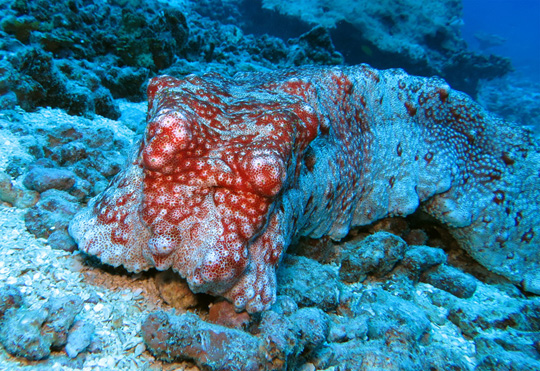
The local fishery services (Direction des Ressources Marines) contributed to the Society Islands expedition with a dedicated scientific diver. (Read Joseph Campanozzi’s bio.) They will use the findings to regulate the catch of local French Polynesia invertebrates (especially sea cucumbers), and also to decide whether the fishery of the imported trochus and turbo snails should be re-opened. This sampling effort will continue in the Tuamotu and Gambier legs of the French Polynesia mission.
* rugosity-an indicator of the amount of available habitat available for colonization
(Photos by: 1-3 Serge Andréfouët)
To follow along and see more photos, please visit us on Facebook! You can also follow the expedition on our Global Reef Expedition page, where there is more information about our research and team members.

